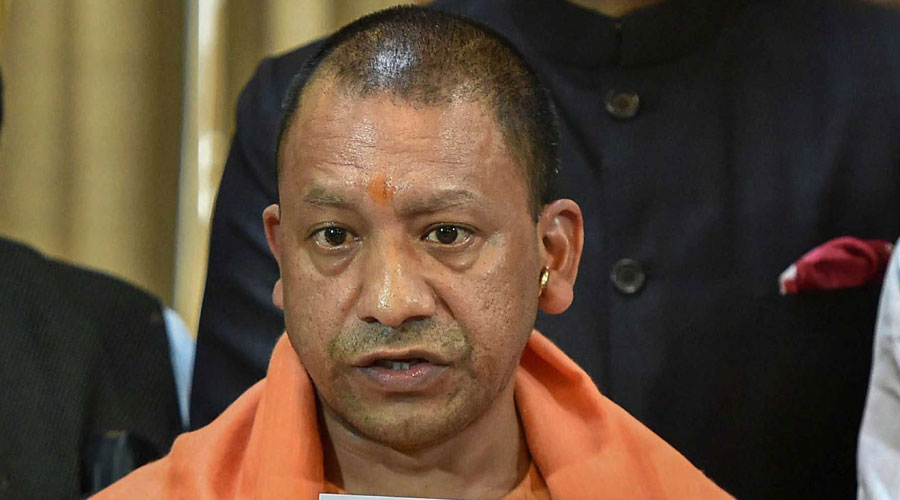Uttar Pradesh has lodged its first case under the new anti-conversion law at Bareilly district on the basis of a complaint filed by the father of a young woman.
According to officials, the case was registered in the district's Devarniyan police station on Saturday.
Additional Chief Secretary (Home) Awanish Awasthi issued a statement on Sunday saying that a case was registered by Tikaram, a resident of Sharif Nagar village under Devarniyan police station (in Bareilly). He accused that a man named Uvaish Ahmed, also a resident of the same village, had tried to convert his daughter through "allurement" (bahla-phuslaakar).
The case was filed under the new law against Ahmed.
On Saturday, Uttar Pradesh Governor Anandiben Patel gave assent to an ordinance against forcible or fraudulent religious conversions that provides for imprisonment up to 10 years and a maximum fine of Rs 50,000 under different categories.
The promulgation of the Uttar Pradesh Prohibition of Unlawful Conversion of Religion Ordinance, 2020, came four days after the Yogi Adityanath government approved the draft of the legislation which also curbs religious conversions only for the sake of marriage.
Under the law which deals with different categories of offences, a marriage will be declared "null and void" if the conversion of a woman is solely for that purpose, and those wishing to change their religion after marriage need to apply to the district magistrate.
The ordinance mainly envisages that no person shall convert, either directly or indirectly from one religion to another by use or practice of misrepresentation, force, undue influence, coercion, allurement or by any fraudulent means or by marriage nor shall any person abet, convince or conspire such conversion.










